7 Nuts That Aren’t as Heart-Healthy as You Think And 9 That Really Support Cardiovascular Health
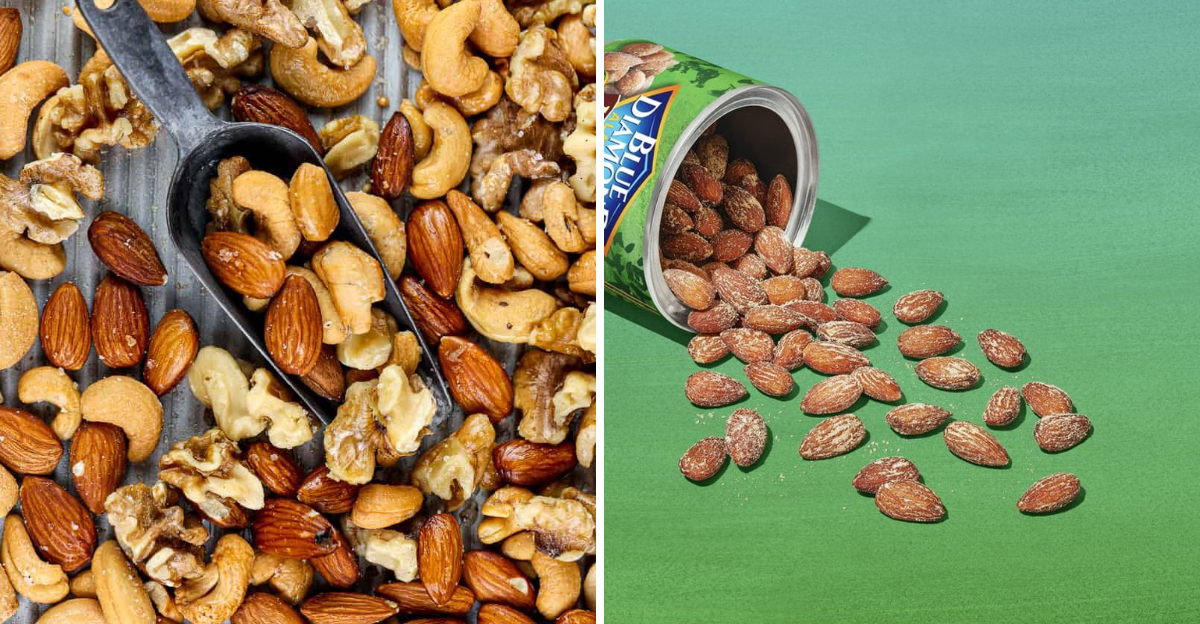
Nuts are often celebrated as heart-friendly snacks, but not all are created equal. While some truly support cardiovascular health, others might not be as beneficial as they seem. In this blog post, we’ll explore both types: those that fall short and those that shine in heart health. Understanding the distinction is crucial for making informed dietary choices.
1. Honey-Roasted Peanuts
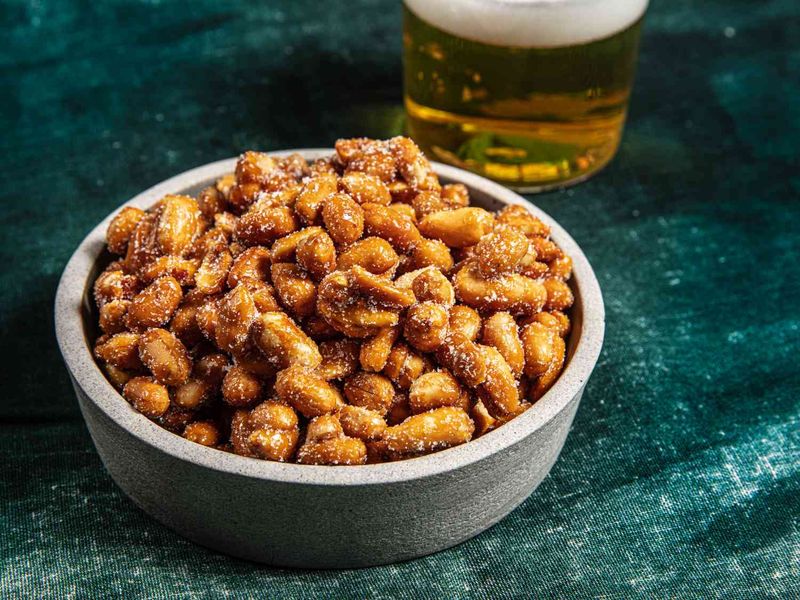
Honey-roasted peanuts may seem like a delightful treat, but their sugary allure hides a less heart-friendly reality. These peanuts are often coated in added sugars and roasted in inflammatory oils, transforming a protein-rich snack into a sugar-laden indulgence.
While the sweetness is undeniably tempting, it’s more reminiscent of candy than a healthful nut. Consuming these in large amounts can lead to spikes in blood sugar and might contribute to inflammation. Moderation is key.
Consider opting for plain or dry-roasted peanuts for a more heart-conscious choice, savoring the nutty flavor without the sugary downside.
2. Salted Mixed Nuts
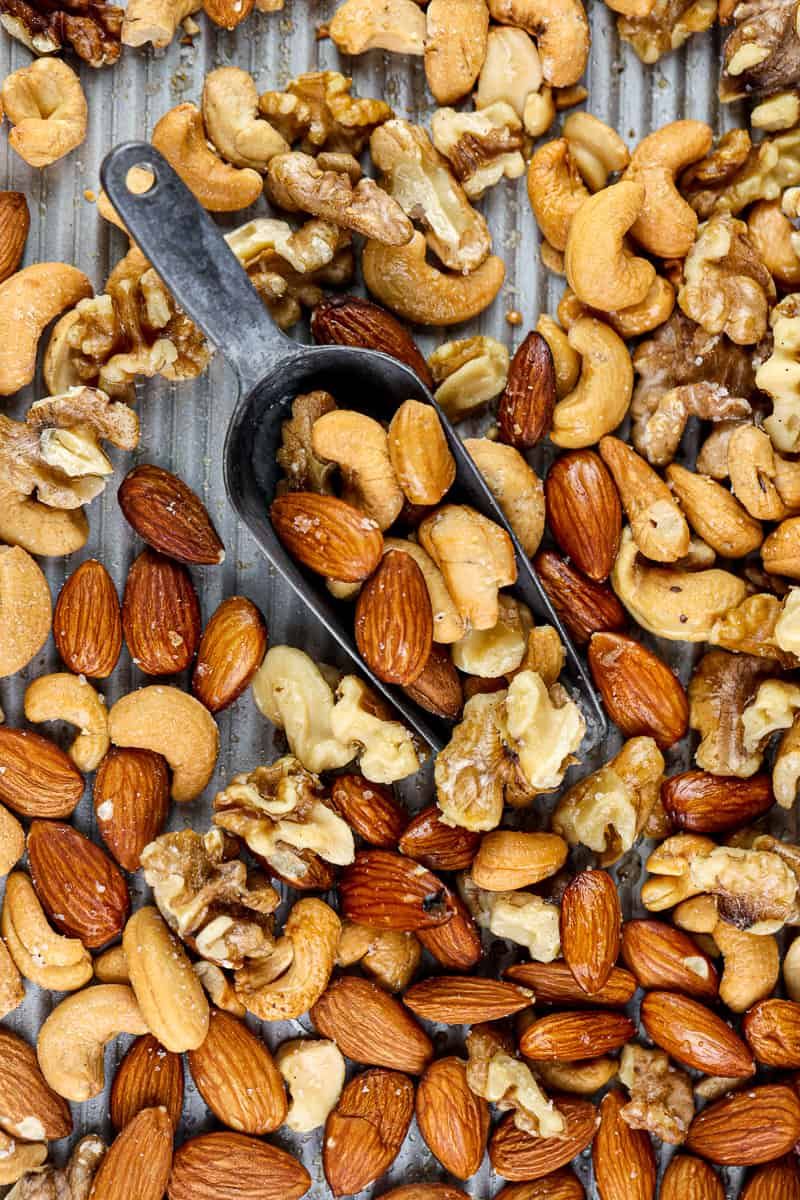
Salted mixed nuts are a popular snack choice, but they can pose challenges for heart health due to their high sodium content. The delightful crunch and rich flavors often come at the expense of elevated blood pressure, especially if eaten by the handful.
With each bite, the sodium can sneakily accumulate, potentially affecting cardiovascular health negatively. While the nuts themselves provide healthy fats and protein, the salt can overshadow these benefits.
For a heart-healthier option, try unsalted or lightly salted versions, enjoying the natural goodness of nuts without the excessive sodium.
3. Candied Pecans
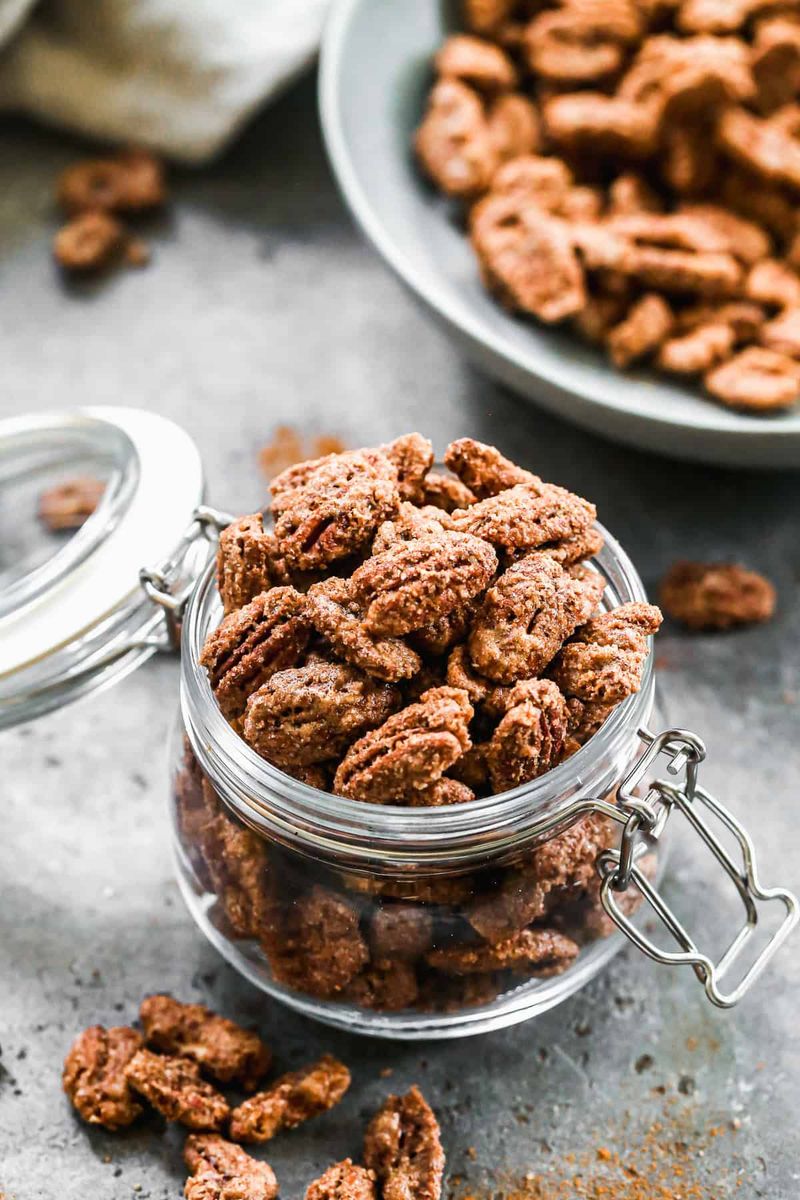
Candied pecans, with their sweet and buttery coating, are more dessert than nutritious snack. While pecans are naturally rich in healthy fats, the addition of sugar, butter, and syrup turns them into a heart-health hazard.
These decadent treats are best enjoyed sparingly, as their caloric density and sweetness can overshadow any nutritional benefits. The sugar content can lead to increased triglycerides, a concerning factor for heart health.
If you love pecans, consider raw or lightly roasted options to enjoy their natural flavor without the sugary burden.
4. Macadamia Nuts (In Excess)

Macadamia nuts are a luxurious treat with a high fat content that is not always heart-friendly in excess. Although they provide monounsaturated fats, which can be beneficial in moderation, their low omega-3 fatty acid content might not offer the best nutritional balance.
These creamy nuts should be savored in small amounts, as their richness can easily lead to overconsumption. While delightful in texture and taste, it’s crucial to integrate them into a well-rounded diet.
Balancing macadamia nuts with other nuts rich in omega-3s can provide a more heart-supportive snack.
5. Wasabi Almonds or Flavored Varieties
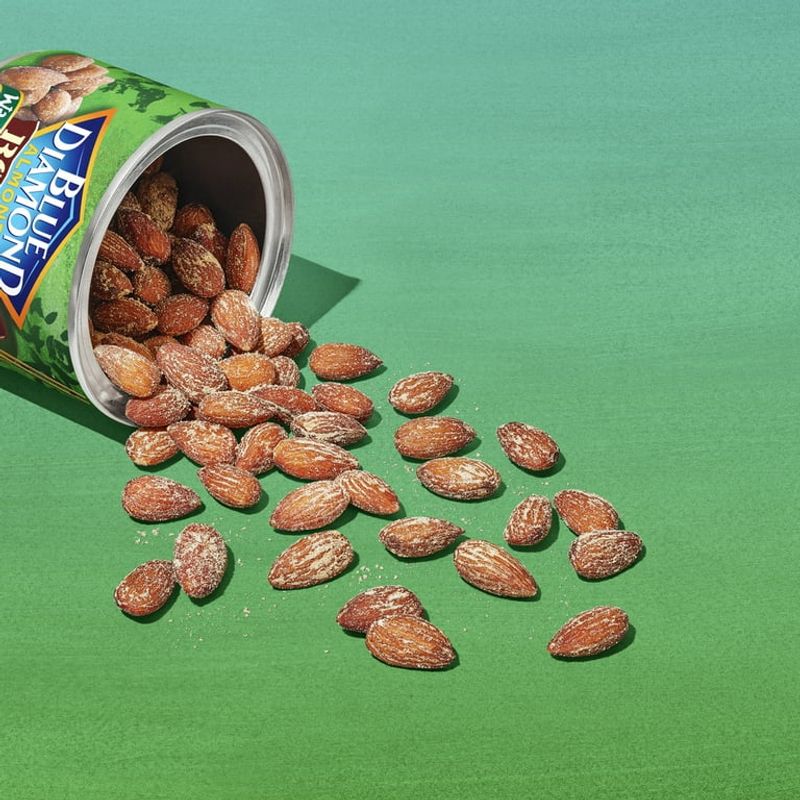
Wasabi almonds and other flavored nut varieties pack a punch, but often at the expense of heart health. Laden with MSG, artificial flavors, and high sodium levels, these savory snacks can be more harmful than helpful.
The intense flavoring is appealing, yet it masks the natural goodness of almonds. Regular consumption can lead to increased sodium intake, affecting blood pressure negatively.
For a more beneficial snack, choose plain or lightly seasoned almonds, allowing their natural crunch and heart-healthy fats to shine, free from overpowering additives.
6. Beer Nuts

Beer nuts, often glazed and salty, are a classic bar snack that doesn’t score high on heart health. Their sweet coating, combined with a sprinkle of salt, makes them a double threat to cardiovascular wellness.
Typically enjoyed alongside alcoholic beverages, they contribute to an unhealthy trifecta of sugar, sodium, and alcohol consumption. This combination can be harsh on heart health, especially when indulged in frequently.
Choosing plain nuts or pairing them with a healthier alternative can offer a more balanced snack option, keeping heart health in mind during social gatherings.
7. Chocolate-Covered Almonds
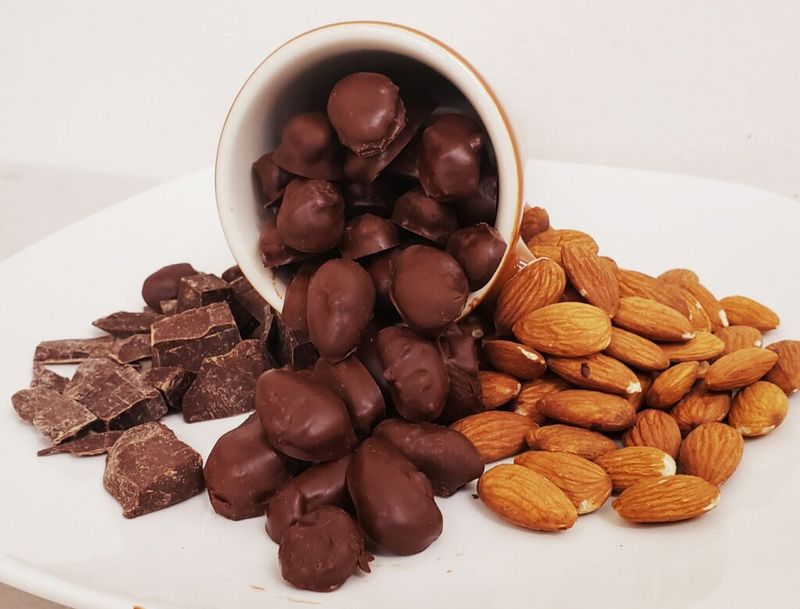
Chocolate-covered almonds, though tempting, can undermine the health benefits of almonds. While almonds are rich in healthy fats and nutrients, the milk chocolate coating adds unnecessary sugars and fats.
These treats are delicious but should be considered occasional indulgences rather than regular snacks. The added sugars can negate the heart-supportive properties of almonds, leading to increased caloric intake.
Opting for dark chocolate-covered almonds can be a slightly better choice, as they offer antioxidants. However, moderation remains essential to maintain a heart-healthy diet.
8. Walnuts
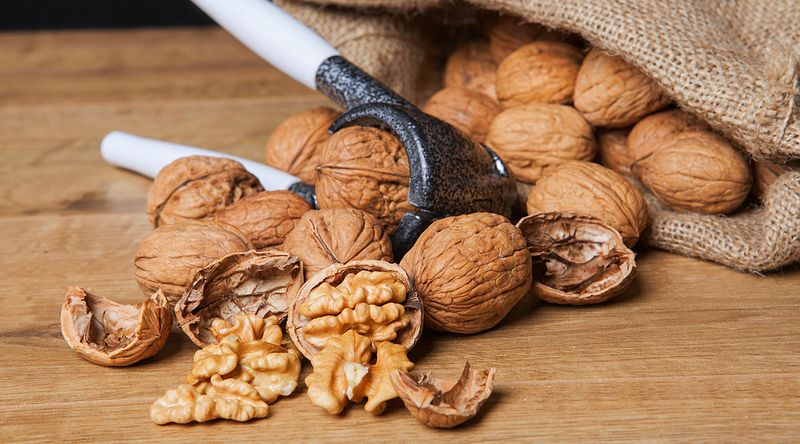
Walnuts stand out as a heart-health champion. Rich in plant-based omega-3 fatty acids, particularly ALA, they play a significant role in reducing inflammation and improving cholesterol levels.
Their earthy flavor and satisfying crunch make them a versatile addition to various dishes or a simple snack on their own. Regular consumption can support cardiovascular health by lowering LDL cholesterol and maintaining artery function.
Incorporating walnuts into your daily diet can provide substantial heart benefits, making them a top choice for those prioritizing heart wellness.
9. Almonds
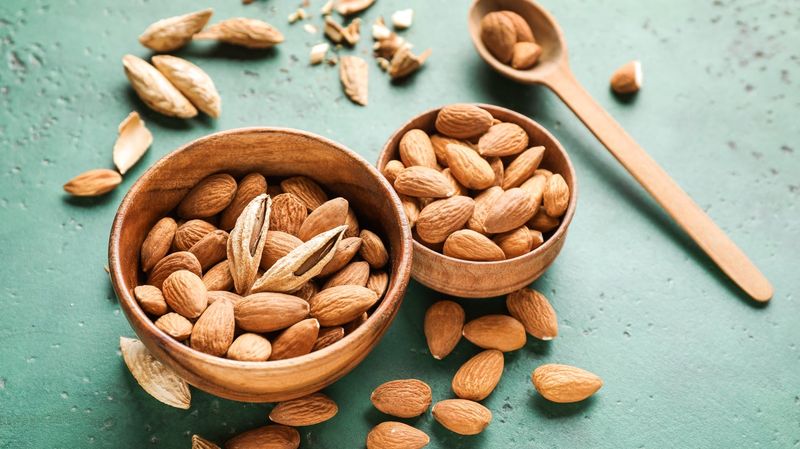
Almonds are a reliable ally for heart health, offering high levels of vitamin E, magnesium, and monounsaturated fats. These nutrients contribute to lowering LDL cholesterol, supporting artery health.
A crunchy texture and mildly sweet taste make almonds a delightful snack or a versatile ingredient in many recipes. Their consistent nutritional profile supports heart function and overall wellness.
Regularly including almonds in your diet can aid in maintaining healthy cholesterol levels, making them a staple for those seeking to enhance cardiovascular health naturally.
10. Pistachios
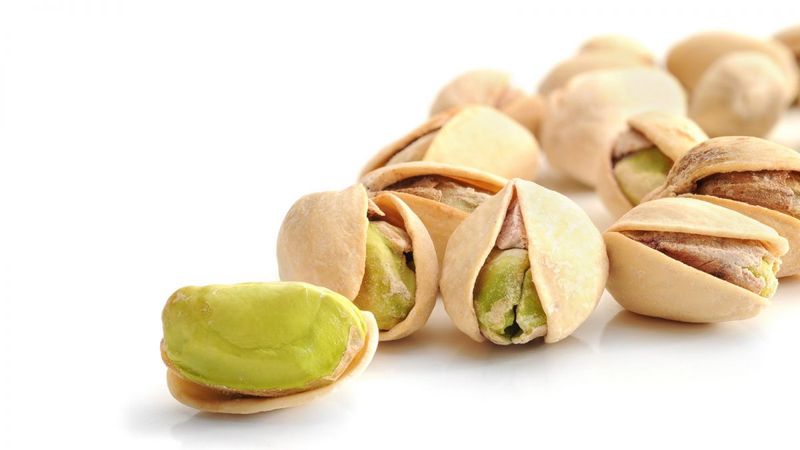
Pistachios are not only delicious but also supportive of heart health. Lower in calories compared to many nuts, they provide a wealth of antioxidants that help reduce blood pressure and improve blood vessel function.
Their unique green hue and rich taste make them an appealing snack option, encouraging mindful eating due to their shelling process. Regular consumption can enhance heart health by promoting healthy cholesterol levels and vascular function.
Incorporating pistachios into your diet offers a flavorful and health-conscious choice, contributing to a balanced approach to cardiovascular wellness.
11. Pecans (Raw or Lightly Roasted)
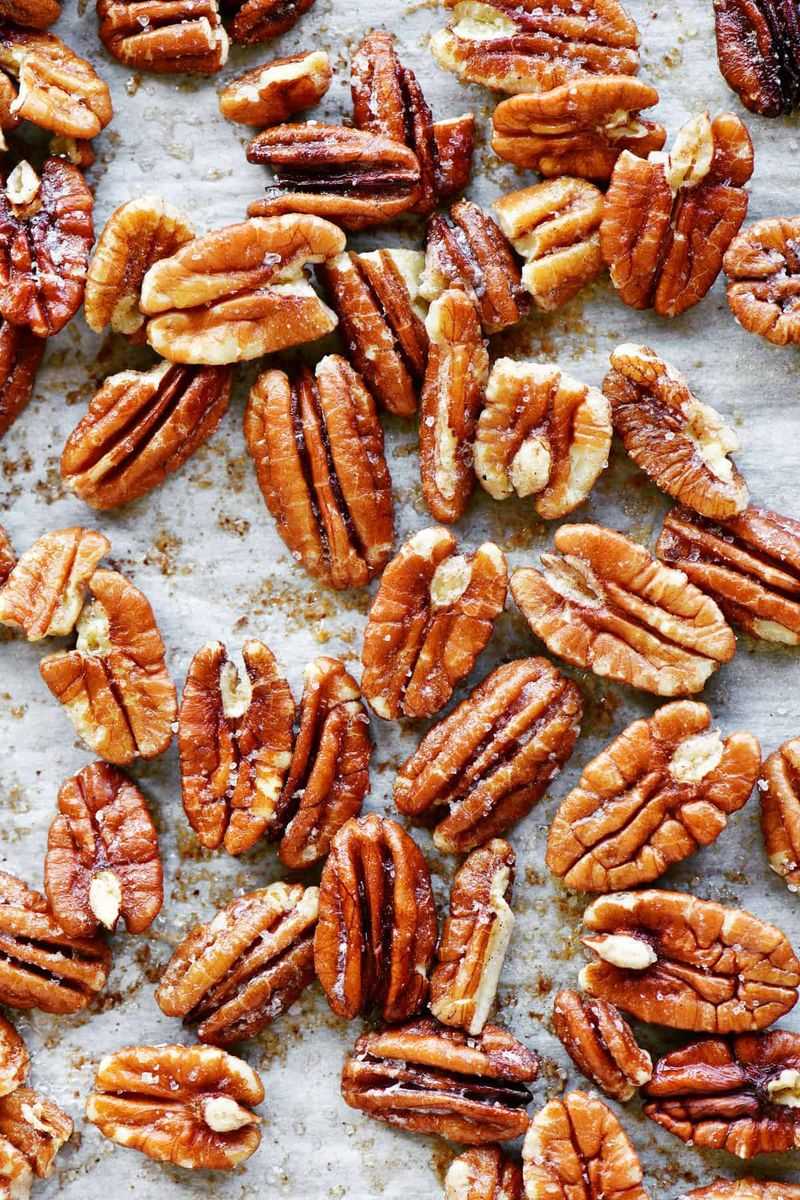
Raw or lightly roasted pecans offer a heart-friendly option, rich in healthy fats and fiber. These qualities help lower cholesterol levels when consumed in moderation.
Pecans’ buttery texture and subtle sweetness make them a versatile addition to both savory and sweet dishes. Enjoying them without added sugars or heavy roasting maintains their nutritional integrity.
Incorporating pecans into your meals can provide valuable nutrients and support heart health, making them a wise choice for those seeking balanced nutrition without sacrificing taste.
12. Hazelnuts
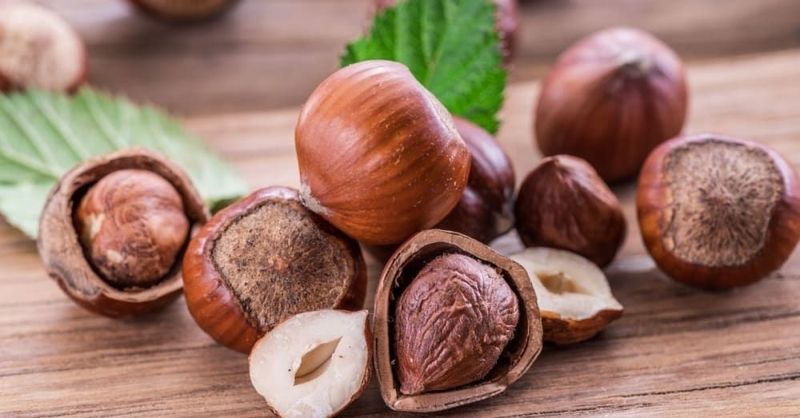
Hazelnuts boast a rich profile of oleic acid, a heart-healthy fat known to support cardiovascular wellness. They also provide magnesium and folate, essential for maintaining healthy blood pressure and circulation.
Their distinct flavor and satisfying crunch make hazelnuts a delightful snack or ingredient in various culinary creations. Regular consumption can contribute to improved heart function and overall vascular health.
Including hazelnuts in your diet can offer a delicious way to enhance heart health, blending taste with nutritional benefits effortlessly.
13. Brazil Nuts
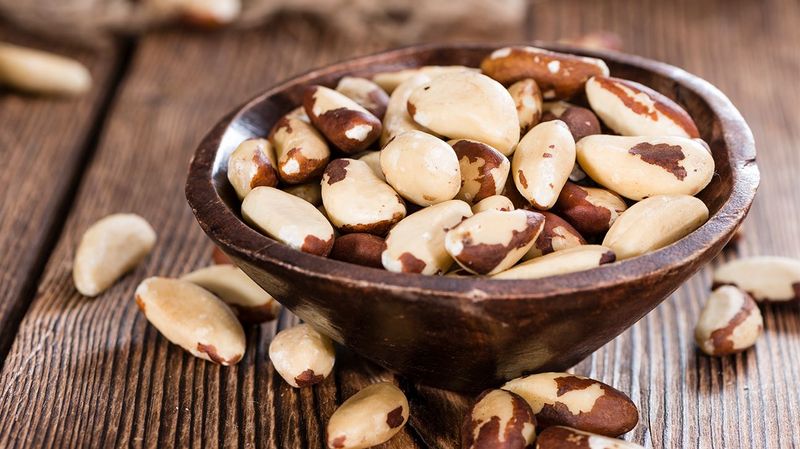
Brazil nuts are a powerhouse for heart and thyroid health, thanks to their high selenium content. Just one to two nuts a day provide ample selenium, supporting heart function and antioxidant activity.
Their smooth texture and unique flavor make them a compelling snack choice. However, moderation is crucial due to their calorie density and potent nutrient profile.
Incorporating Brazil nuts into your diet responsibly can enhance various aspects of health, particularly heart wellness, while delivering a satisfying and nutrient-rich snacking experience.
14. Cashews (Raw or Unsalted)
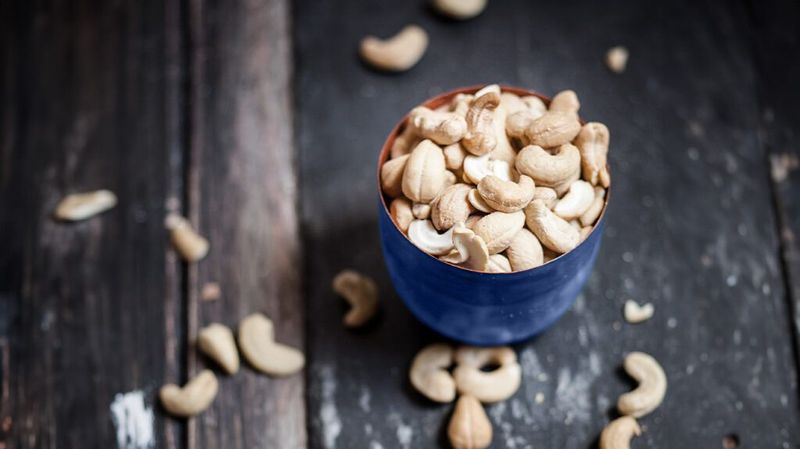
Cashews offer a creamy texture and rich flavor, coupled with a solid profile of magnesium and iron. These nutrients assist in maintaining healthy blood pressure and improving circulation.
While cashews are calorie-dense, their nutritional benefits can be fully appreciated when portions are controlled. Enjoying them raw or unsalted maximizes their health potential without added sodium.
Including cashews in your diet can provide valuable nutrients and support cardiovascular wellness, making them a thoughtful choice for heart-conscious individuals seeking varied snacking options.
15. Chestnuts
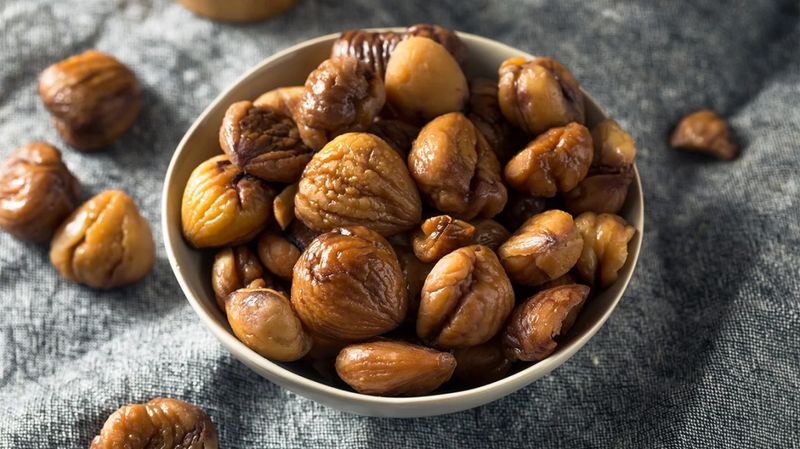
Chestnuts stand out for their lower fat content and high fiber, offering benefits for both heart and gut health. They also provide vitamin C, a unique attribute among nuts, supporting immune function and vascular health.
Their mild, slightly sweet flavor and creamy texture make chestnuts a delightful seasonal treat. Regular consumption can aid in maintaining a balanced diet, promoting cardiovascular wellness.
Including chestnuts in your meals can enhance heart health naturally, providing a nutritious and flavorful way to support overall wellness during their peak season.
16. Peanuts (Dry-Roasted, Unsalted)
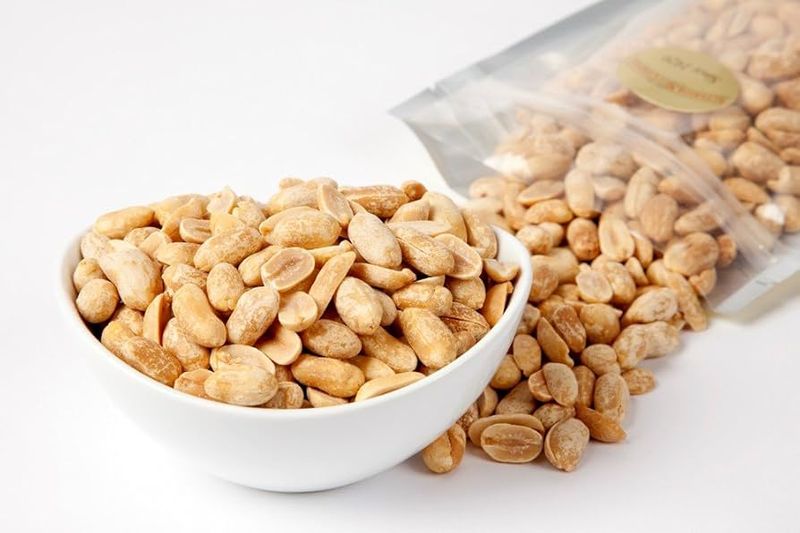
Peanuts, though technically legumes, are a solid choice for heart health when enjoyed dry-roasted and unsalted. They contain resveratrol, a compound known for its heart-friendly properties, along with healthy fats.
These savory snacks offer a satisfying crunch and nuttiness, making them a popular choice. Regular consumption, in moderation, can support heart health by contributing to healthy cholesterol levels.
Including unsalted, dry-roasted peanuts in your diet provides a simple yet effective way to enjoy heart benefits, blending convenience with nutritional value.
